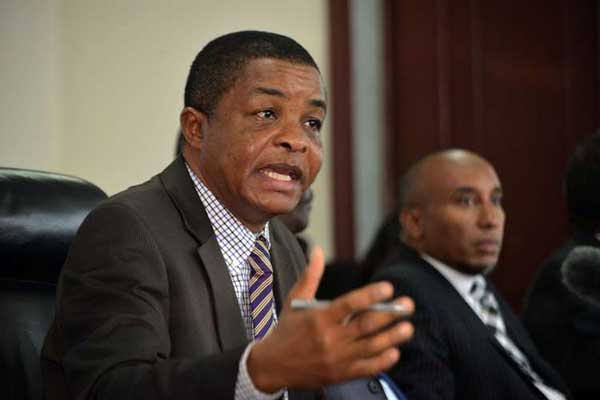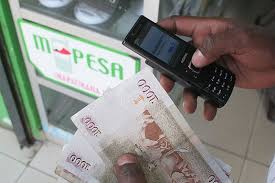The Kenya Revenue Authority is seeking the right to access individual and companies’ mobile money transactions in a new war against tax cheats.

The authority, which is reeling from a Sh69.1 billion shortfall on its nine-month revenue collection target, hopes the move will boost its financial data gathering scheme to unearth income sources which have not been declared in tax returns and demand full compliance.
The plans are part of the authority’s plan to expand its tax payer base by roping in individuals and businesses trading at the retail level, said Commissioner General John Njiraini.
“We have been discussing M-Pesa even though we intend to first focus on the merchant transactions or the Paybill money movements,” he said in an interview.
“Within the next year we will be talking a lot more about where we are but it is something we are already developing. That is useful data which we will use it for the right purpose. We will not harass people,” he said in an interview with the Business Daily.
TILL NUMBERS
In the initial plan that targets merchant transactions, the taxman will be able to see deals in over 36, 000 active till numbers, according to the latest data from Safaricom released in November.
The Lipa Na M-Pesa service is said to have transacted Sh15 billion in September alone, indicating a huge opening for KRA to seize tax evaders.
The information screened from the transactions will be fed into KRA’s Data Warehouse and Business Intelligence (DWBI) system, set to be operational by September.
It will help profile the financial activities of millions of M-Pesa users by suggesting their income levels, effectively narrowing chances of evading tax.
The authority is already receiving customs data showing what owners of specific PIN numbers import and export and what those trading with the top 3,000 companies and government institutions are paid.
It also plans to tap from the stock exchange and property purchase records to identify any inconsistencies which might prove tax evasion.
While releasing its revenue collection results last month, KRA outlined a plan to gain access to bank records to show revenues from businesses and individuals keen on understating income to pay less tax.
Critics of the initiative, however, believe the legal backing required to set it rolling will be huge and might involve a constitutional change through a referendum.
Consumer Federation of Kenya Secretary General Stephen Mutoro said while the plan was well intended, it could end up slowing growth in the banking and mobile money sectors besides exposing institutions to litigation.
“M-Pesa transactions are small amounts and the tax man should target the real tax cheat kingpins first,” said Mutoro.
“The fact that my line is used does not mean it is my income. I could have been a mere channel. We will just end up forcing people to the black market and the mattress accounts.
Mr Njiraini, however, said the legal route to enforce the strategy had already been worked out and was only awaiting approval.
He said the plan was the only way to ensure the tax burden was evenly spread between those in business and those in formal jobs.














